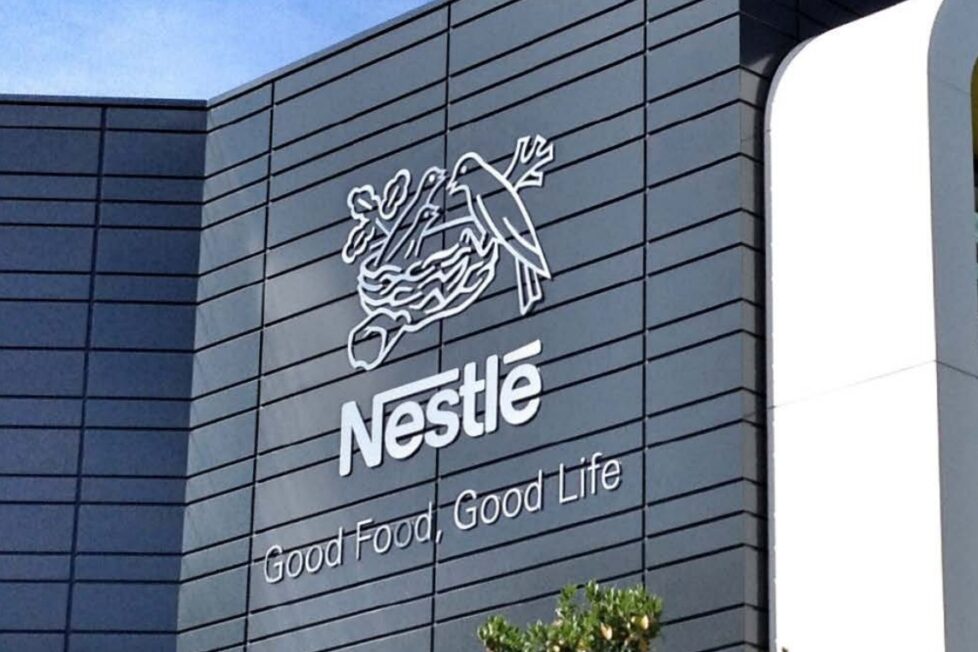Nestlé Shifts Half of its Global Shipping to Green Fuels

Global food and beverage company Nestlé announced today a series of agreements enabling the company to shift the equivalent of half of its global shipping needs to alternative, lower-emission fuels, effective immediately.
Through agreements signed with logistics giants Hapag-Lloyd, Maersk and CMA CGM, Nestlé said that it will use green fuels, such as those made from waste, for its cargo shipping, reducing greenhouse gas emissions by approximately 200,000 tonnes annually, and avoiding the use of around 500 000 barrels of crude oil.
Nestlé announced a commitment in 2019 to achieve net zero greenhouse gas (GHG) emissions by 2050, and in 2020 the company published its “time bound plan” to reach its climate goals, which also include targets to achieve a 20% emissions reduction by 2025 and 50% by 2030.
According to the company’s net zero roadmap published earlier this year, logistics accounts for around 8% of the Nestlé’s full scope carbon footprint, with the company aiming to reduce its logistics emissions by 1 million tonnes by 2030, compared to a 2018 baseline. Key initiatives outlined in the roadmap to address transportation emissions include switching to lower emission fuels, as well as reducing fuel consumption and maximizing the use of space in vehicles.
Stephanie Hart, Executive Vice President and Head of Operations at Nestlé, said:
“Reaching net zero requires changing many aspects of how we source, make, and distribute our products. The agreements we’ve signed with our shipping partners will help us cut emissions and immediately reduce our carbon footprint. We know this is an interim solution and continue to encourage the development of longer term decarbonization solutions in shipping and distribution.”
Under the deal signed with Maersk, Nestlé will use Maersk’s ECO Delivery solution for 100% of ocean containers shipped. ECO Delivery allows shippers to replace fossil fuels with green fuels such as green methanol or biodiesel derived from waste feedstocks, enabling direct emissions savings, and providing audited CO2 savings and 3rd party verification. Maersk said that the seaborne emissions of these transports are more than 80% lower compared to the usage of conventional fossil fuels. The agreement with Hapag-Lloyd will use the company’s “Ship Green” solution for 100% of Nestlé volumes, utilizing waste- and residue-based biofuel. Nestlé will also use the ACT with CMA CGM+ program for 100% of its CMA CGM volumes, to use biofuel for its shipping, which the company said will generate 84% fewer carbon emissions.
Johan Sigsgaard, Executive Vice President and Chief Product Officer Ocean of A.P. Moller – Maersk, said:
“This is a very decisive step of Nestlé to use our very low GHG emission solution for 100% of their ocean cargo with Maersk. We are proud and delighted to make this immense emission savings possible with our ECO Delivery. Having green fuel solutions like ECO Delivery at hand, it still takes such impressive commitments of our customers like Nestlé to make the decarbonization of our shipping and landside logistics actually happen.”
The agreements cover more than half of Nestlé’s shipping volumes moved in 2023, with options to extend into 2024 and beyond.